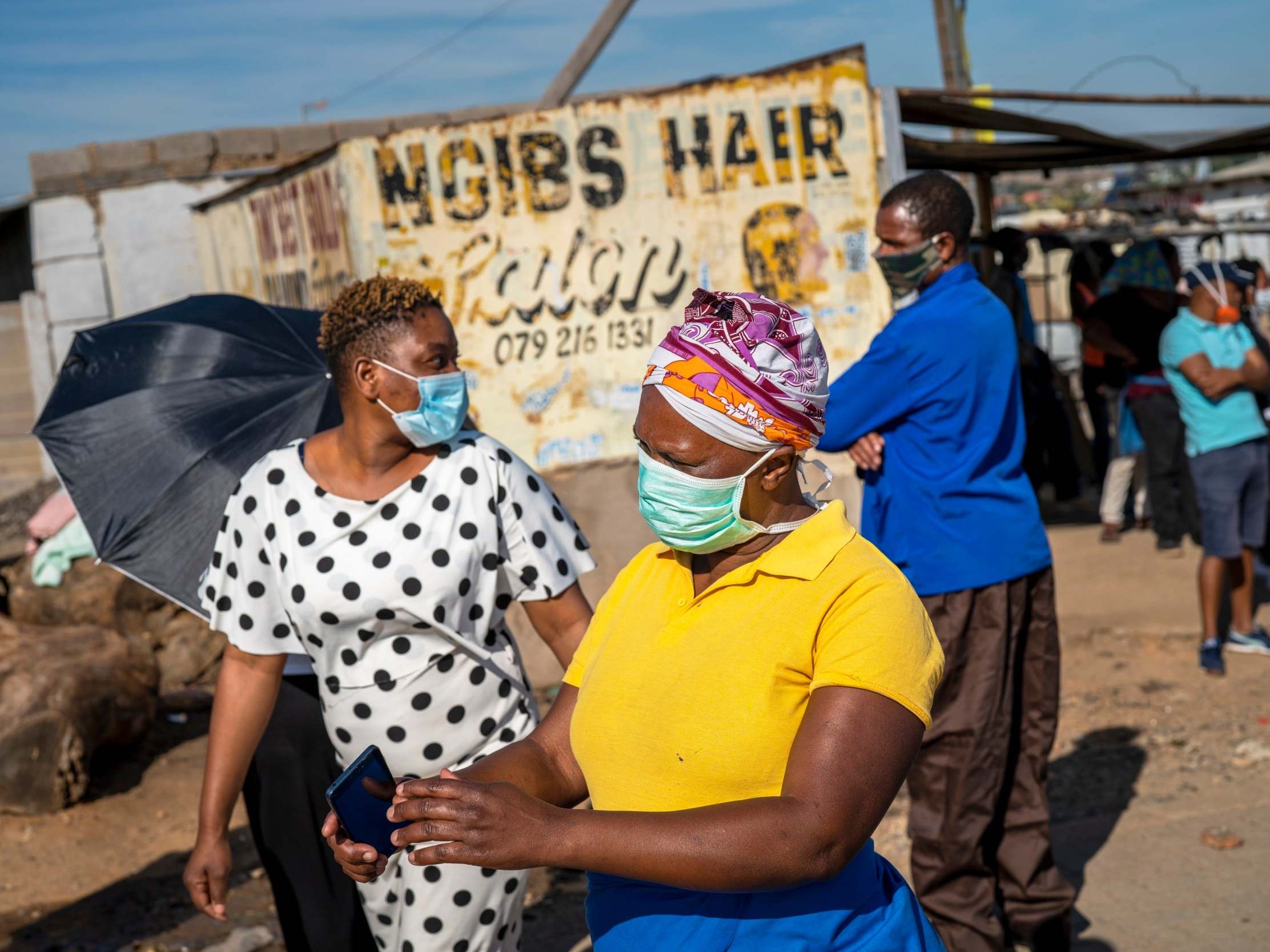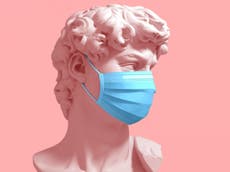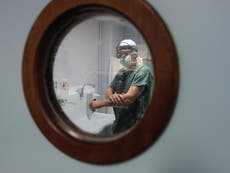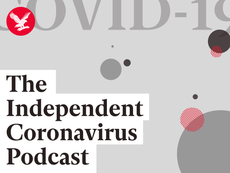Coronavirus: Nearly 70 per cent of people in Africa would struggle with food and water if they were told to self-isolate, study finds
Expert says ability to implement public health measures for Covid-19 is limited in Africa

Nearly 70 per cent of people across Africa have warned accessing food and water would be a problem if they were required to self-isolate for 14 days due to coronavirus, a study has found.
Research by Ipsos, which surveyed about 21,000 people from 28 cities in 20 African countries, found that more than half of respondents would also run out of money if they were forced to stay at home to control the spread of Covid-19.
The findings, which came from the upcoming report Finding the Balance on Africa’s response to coronavirus, showed how the ability to implement public health measures in the continent without causing “significant hardship” was limited, according to Dr John Nkengasong, director of the Africa Centres for Disease Control and Prevention (Africa CDC).
Although Africa has not seen a rapid increase in cases like in Europe, Asia and the US, experts have warned the effect of Covid-19 on the continent could be devastating.
The UN Economic Commission for Africa (UNECA) warned in April that the pandemic was likely to kill at least 300,000 African people and risked pushing nearly 30 million into extreme poverty.
Speaking at a briefing on the Finding the Balance report, Dr Tom Frieden, president of the Resolve to Save Lives initiative, said Africa had not yet seen “explosive growth” in cases but officials needed to be vigilant.
“It remains critical to prepare for the worst, even as we hope for the best,” he said.
Dr Frieden noted that the continent has a number of conditions that make responses to the virus challenging, such as the limited economic safety net in many countries and a scarcity of healthcare workers — which was a problem even before the Covid-19 pandemic.
Although Africa does have fewer elderly people, who tend to be most at-risk from Covid-19, it still has a vulnerable population and a lack of information on who exactly those most at-risk people are, he added.
The report also showed there were issues with public health knowledge in the continent, with 32 per cent of respondents saying they did not have enough information about the coronavirus, such as information on how the virus spreads and what can be done to protect against it.
Dr Matshidiso Moeti, the World Health Organisation’s (WHO) regional director for Africa, said it was important for the public health response in the continent to extend beyond major cities and to reach people at “community level”
“This report highlights the large information gaps on Covid-19 which exist in Africa and threaten response efforts,” Dr Moeti said.
“The findings of this report, along with Covid-19 trend data, will help countries make strategic decisions on relaxing their lockdowns.
“What we’ve learnt from Ebola and other outbreaks is that countries need to decentralise the response to the community level and increase their capacity to identify and diagnose cases.”
She added that the economic impact of the pandemic was likely to be substantial, and strict measures were “sharpening that impact on vulnerable populations”.
The Finding the Balance report was developed by the Partnership for Evidence-Based Response to Covid-19 (PERC), which includes the Africa CDC, WHO, and the World Economic Forum.
Subscribe to Independent Premium to bookmark this article
Want to bookmark your favourite articles and stories to read or reference later? Start your Independent Premium subscription today.






Join our commenting forum
Join thought-provoking conversations, follow other Independent readers and see their replies
Comments